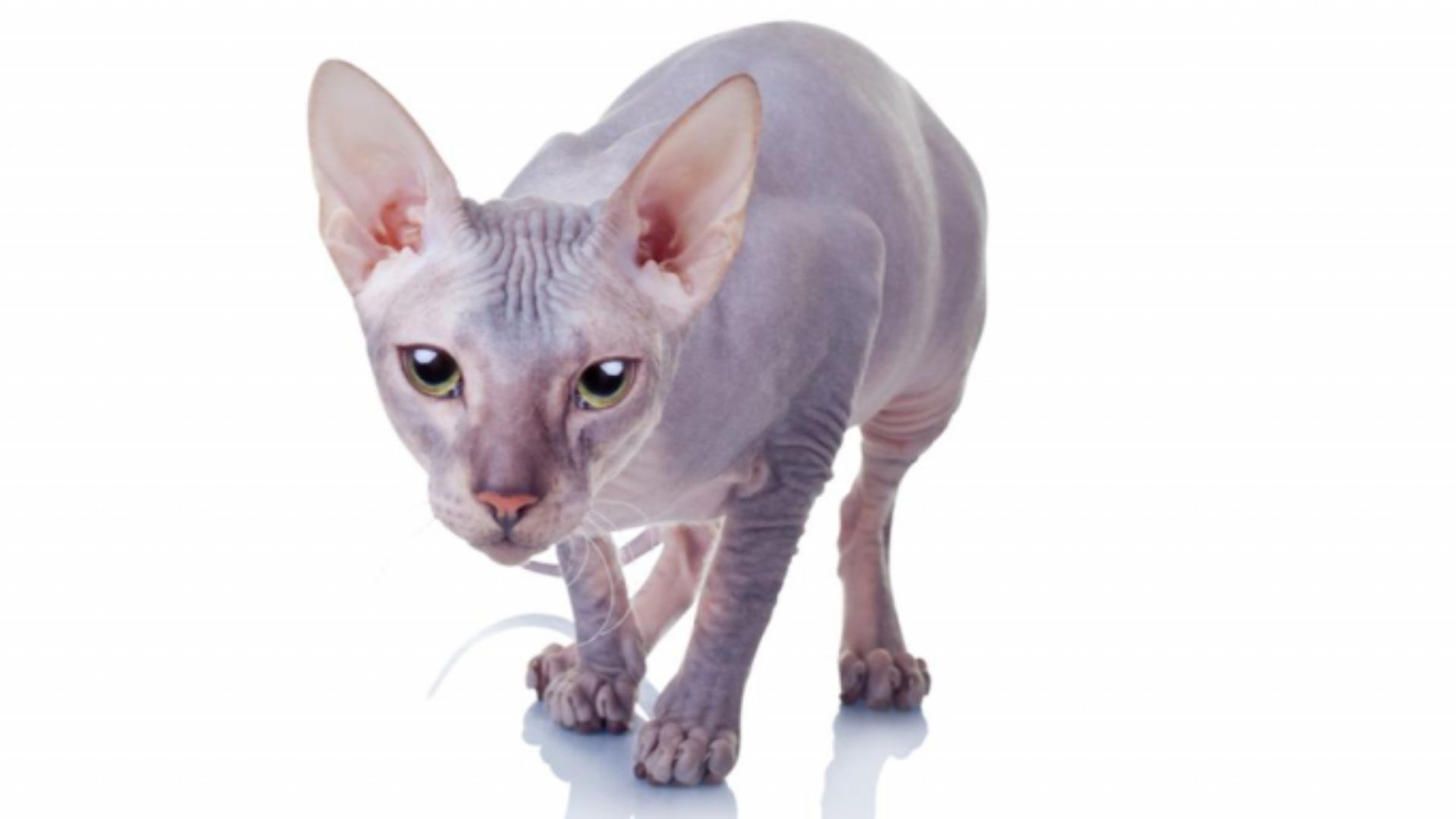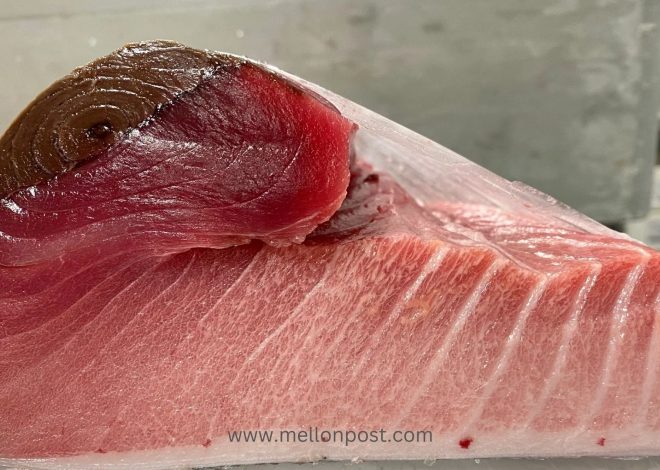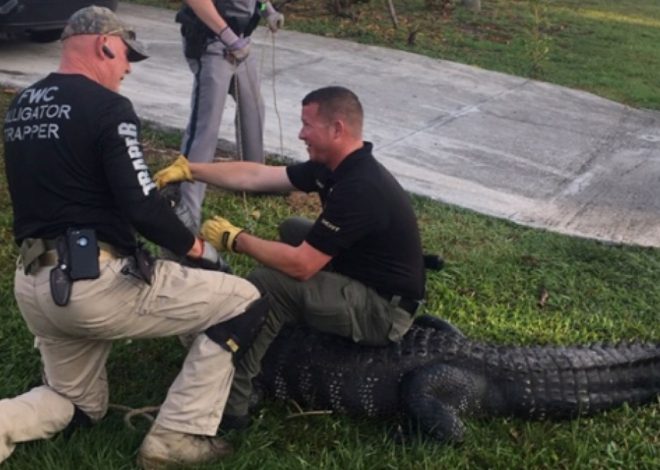
Donskoy Cat
Table of Contents
Donskoy is a unique, hairless cat breed from Russia known for its friendly, playful personality, but requiring specialized care and attention due to its distinctive physical traits.
The Donskoy cat originated in Russia in the 1980s when a partially hairless kitten named Varvara was discovered by a professor named Elena Kovaleva.
Varvara’s hairless kittens were later bred by a professional breeder named Irina Nemikina, who is credited with establishing the Donskoy breed.
The Donskoy is recognized by the World Cat Federation (WCF) since 1997 and the International Cat Association (TICA) since 2005.
Appearance and Coat
Donskoy cats can have four different coat types: rubber bald, flock coat, velour coat, and brush coat. They are a medium-sized, muscular breed with a lack of fur due to a genetic mutation. Their skin can come in a variety of colors and patterns found in other felines.
Temperament of the Donskoy cat
The temperament of the Donskoy cat can be summarized as follows:
1. Affectionate and Loyal: Donskoy cats are described as very affectionate, loyal, and dog-like in their enthusiasm for spending time with their human companions.
2. Friendly and Social: Donskoys are known for their outgoing, friendly, and curious personalities. They enjoy interacting with people, including children, as well as other pets.
3. Playful and Intelligent: Donskoy cats are highly playful, energetic, and intelligent, enjoying interactive play and the ability to learn tricks.
4. Mischievous: While generally well-behaved, Donskoys can also be slightly mischievous, knocking over objects or getting into things they shouldn’t.
5. Adaptable: Donskoys are generally even-tempered and can adapt well to different living situations, including homes with other pets.
6. Dependent: Donskoys do not like to be left alone for long periods and require regular attention and affection from their owners.
In summary, the Donskoy cat is described as an affectionate, friendly, intelligent, and playful companion that thrives on human interaction and can adapt to various household environments, though they do require attentive care and supervision.
Health and Care
Donskoys require regular bathing and grooming to prevent skin issues due to their lack of fur.
They are prone to sunburn and need protection from UV exposure.
There are some genetic health concerns, such as potential links to feline ectodermal dysplasia.
Average lifespan of donskoy cats
Donskoys cats can live long and happy lives, especially with proper care, nutrition, and exercise. They are known to live for 12 to 15+ years comfortably, and if you want to prolong their life, regular veterinarian appointments are necessary and helpful.
Donskoy’s lifespan is comparable to other cat breeds, with no indication that they have a significantly shorter lifespan on average. With proper care, Donskoy cats can live a relatively long life, typically between 12 to 15 years or more.
Common health issues that donskoy cats may face
Some common health issues that Donskoy cats may face include:
1. Respiratory Issues: The Donskoy cats are prone to developing respiratory infections and breathing difficulties due to their unique anatomy. This can be exacerbated by exposure to environmental irritants.
Asthma is a common respiratory issue for Donskoy cats, causing coughing, wheezing, and difficulty breathing. Upper Respiratory Infections (URIs) can also affect Donskoy cats and are highly contagious.
2. Dental Issues: Donskoy cats are prone to gum disease and tooth decay, which can lead to tooth loss if not properly managed.
3. Skin Problems: Due to their lack of fur, Donskoy cats are vulnerable to sunburn and skin damage, which can potentially lead to skin cancer.
– They are also prone to developing skin infections and rashes.
4. Heart Disease: The search results indicate that Donskoy cats are susceptible to hypertrophic cardiomyopathy, a serious heart condition where the heart muscle thickens.
5. Allergies: Donskoy cats can be sensitive and prone to developing allergies, which can cause respiratory issues and other health problems.
How to help my donskoy cat with sunburn
Here are some tips to help a Donskoy cat with sunburn:
1. Limit sun exposure: Donskoy cats are very sensitive to sunlight due to their lack of fur, so it’s important to limit their time outdoors, especially during peak sun hours. Provide shaded areas indoors and outdoors where your Donskoy can retreat from direct sunlight.
2. Use sunscreen: Apply a pet-safe, fragrance-free sunscreen with an SPF of at least 30 to any exposed skin before allowing your Donskoy outside. Reapply the sunscreen every 2-3 hours, or more frequently if your cat is swimming or sweating.
3. Treat sunburn: If your Donskoy does get sunburned, gently clean the affected area with a mild, fragrance-free cleanser. Apply a soothing, fragrance-free aloe vera gel to help relieve pain and promote healing. Consult your veterinarian if the sunburn is severe, as they may recommend additional treatment.
4. Provide comfort: Keep your Donskoy in a cool, shaded area to help ease discomfort from the sunburn. Offer plenty of fresh water to stay hydrated. Consider using a soft, breathable fabric to cover any severely burned areas.
5. Prevent future sunburns: Establish a routine of applying sunscreen before any outdoor time. Limit your Donskoy’s exposure to direct sunlight, especially during the hottest parts of the day. Consider a lightweight, breathable shirt or sun-protective clothing when going outside.
Continue reading: British Shorthair Cat


